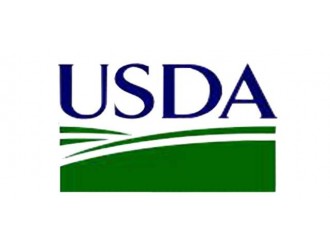经过评估,专家小组认为在建议的使用条件下该添加剂对目标物种、消费者和环境是安全的。由于芫荽及其制剂被认为可以给食物调味,并且它们在饲料中的功能与在食物中的功能基本相同,因此无需进一步证明其功效。部分原文报道如下:
Following a request from the European Commission, EFSA was asked to deliver a scientific opinion on the safety and efficacy of an essential oil obtained from the fruit of Coriandrum sativum L. (coriander oil), when used as a sensory additive in feed for all animal species. The EFSA Panel on Additives and Products or Substances used in Animal Feed (FEEDAP) concluded that the use of coriander oil is safe up to the maximum proposed use levels of 30 mg/kg complete feed for piglets, pigs for fattening, sows, veal calves (milk replacer), cattle for fattening, sheep, goats and horses, salmonids, dogs and ornamental fish. For the other species, the calculated safe concentrations in complete feed are: 14 mg/kg for chickens for fattening, 28 mg/kg for laying hens, 26 mg/kg for turkeys for fattening, 28 mg/kg for rabbits and 14 mg/kg for cats. These conclusions were extrapolated to physiologically related species. For any other species, the additive was considered safe at 14 mg/kg complete feed. The proposed conditions of use for veal calves (10 mg/kg) and ruminants, horses and dogs (5 mg/kg) were considered safe provided that the use in water for drinking alone or in combination with the use in feed should not exceed the daily amount that is considered safe when consumed via feed alone. No concerns for consumers and the environment were identified following the use of coriander oil up to the maximum proposed use level in feed. Coriander oil should be considered as irritant to skin and eyes and the respiratory tract and as a dermal and respiratory sensitiser. Since C. sativum and its preparations are recognised to flavour food and its function in feed would be essentially the same as that in food, no further demonstration of efficacy was considered necessary.
本文由食品伙伴网食品资讯中心编辑,有任何疑问,请联系news@foodmate.net。












 地区:
地区:






 鲁公网安备 37060202000128号
鲁公网安备 37060202000128号



